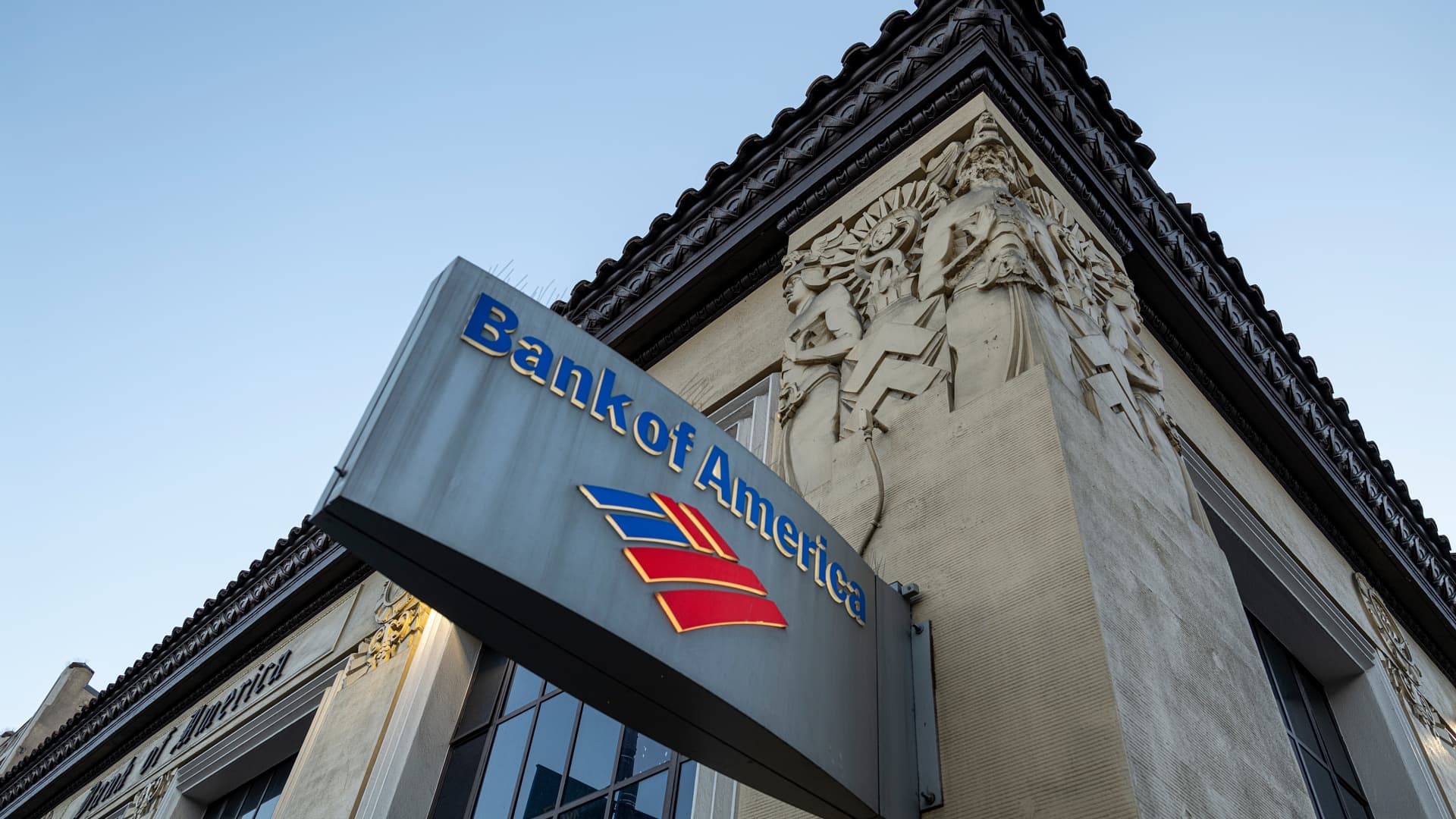
This year’s bear market has wiped trillions in market cap off the stock market, hitting both growth and defensive stocks alike. But some have not only emerged unscathed — but even outperformed significantly during this period. “With the S & P 500 down 20% year-to-date and the S & P 500 Retailing Inde x down 35%, it may be hard to believe that any retail stocks are hitting all-time highs in this environment,” Bank of America ‘s analysts, led by Elizabeth Suzuki, wrote in a note on Nov. 9. But three auto parts retailers — AutoZone , Genuine Parts and O’Reilly Auto — have beaten the odds to touch their all-time highs within the last ten trading days, according to the bank. The stocks are collectively up an average of 22% year-to-date, Suzuki said. ‘Best in class’ Of the three, just one stock is buy-rated by Bank of America: O’Reilly Auto. It describes the company as a “best in class” auto parts retailer, with a long track record of above-industry sales growth. The Missouri-based firm had a standout third-quarter earnings season , as it reported earnings per share of $9.17 — a 14% increase from a year ago. The company also delivered revenue of $3.80 billion, up 9% from a year ago. Following the “strong” earnings, Bank of America raised its full-year 2022 to full-year 2024 estimates for the firm, given it expects “continued outperformance.” Shares in O’Reilly hit a 52-week high of $848.65 in intra-day trading on Nov. 10, before paring some gains to close at $843.85. The stock is up more than 20% this year, but Bank of America expects further outperformance in the share price. The bank has a 12-month price target of $920 on the stock, representing a 9% upside to its closing price on Nov. 10. The stock is well-liked by analysts, with 71% of those covering the stock giving it a buy rating, according to FactSet data. A defensive sector One reason for O’Reilly’s outperformance this year could boil down to the defensiveness of the auto parts sector. Bank of America believes auto aftermarket stocks have characteristics that are akin to consumer staples, making the sector more defensive in nature, citing its “needs-based nature.” “Within this defensive sector, we view a market premium as warranted for companies that 1) provide services (or provide parts to professional service shops), 2) consolidate the fragmented auto aftermarket through market share gains, and 3) have a diversified business mix to mitigate the potential impact of temporary headwinds,” Suzuki said.
